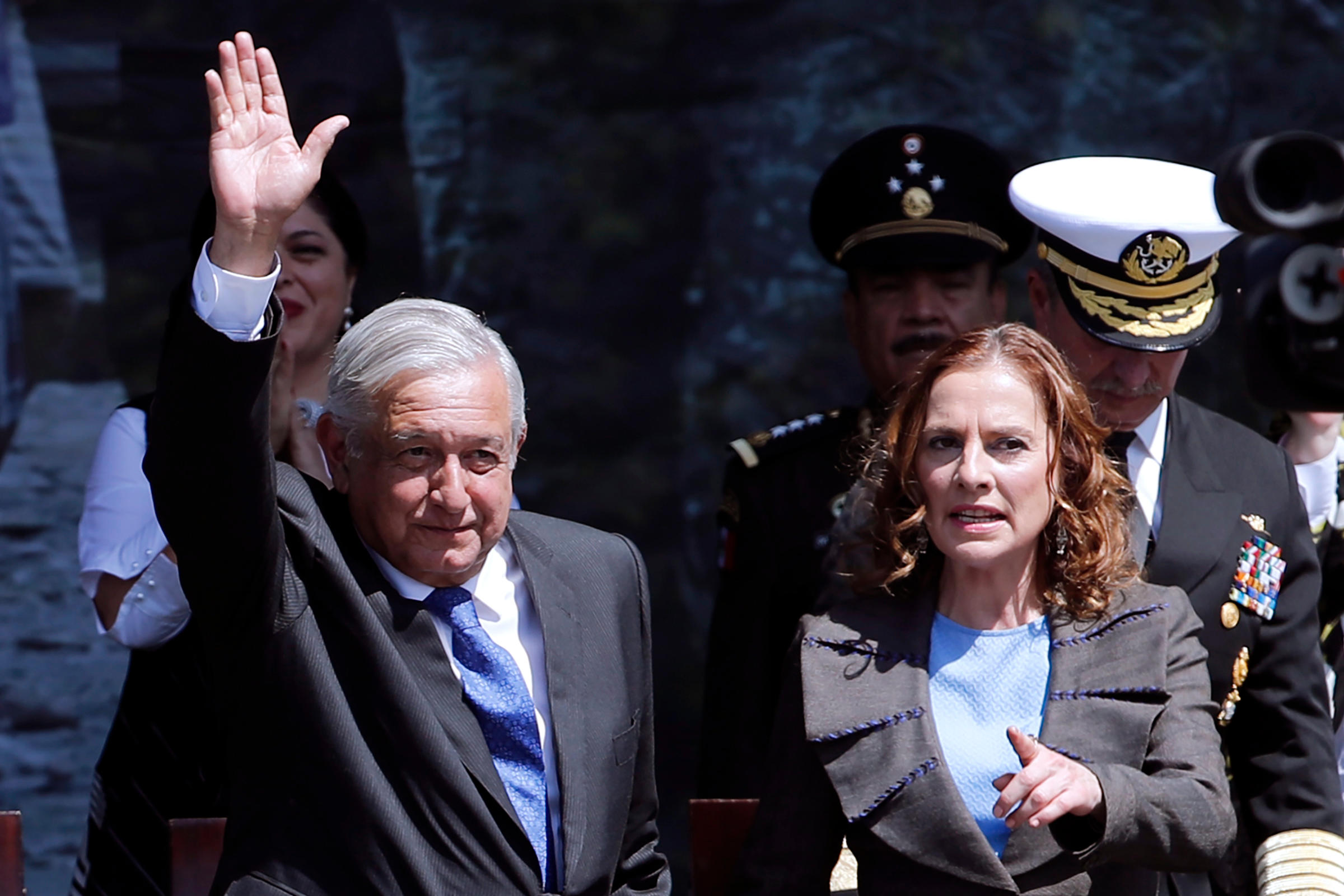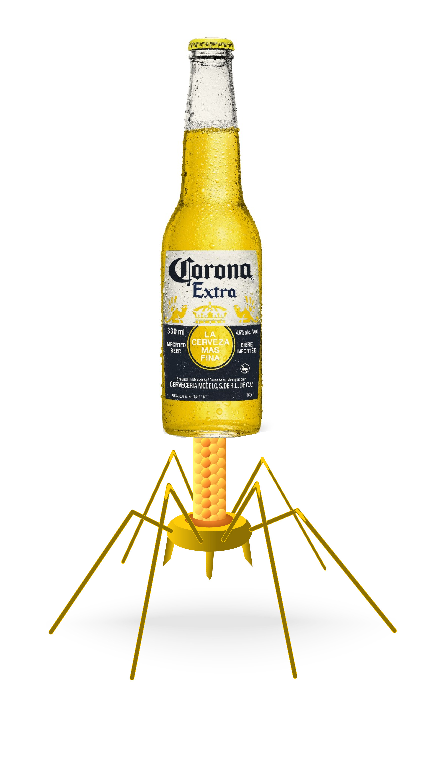Ryan Cooper

Illustrated | SAUL LOEB/AFP via Getty Images,
Olga Beliaeva/iStock, jakkapan21/iStock
February 26, 2020
February 26, 2020
The global spread of coronavirus is verging on pandemic status. While the rate of new infection appears to be slowing in China thanks to drastic mass quarantines and clampdowns on movement, other outbreaks in Iran, South Korea, and Italy have still not been controlled. On Tuesday, the Centers for Disease Control (CDC) warned that an outbreak in the United States was probably just a matter of time.
This could be the greatest crisis faced by President Trump. But not only is he obviously incapable of handling the problem, he has already done tremendous damage to America's pandemic response system. The United States is highly vulnerable to epidemic disease because the president is a corrupt, tyrannical moron who can't do the job.
As I wrote earlier this week, Trump's model of governance is classic authoritarian corruption. He has stacked the bureaucracy with cronies whose only qualification is personal loyalty to Trump. He's recently charged a former college football quarterback with purging the civil service of Trump critics, and appointed Richard Grenell — a man with no intelligence experience who illegally lobbied for Hungary without registering as a foreign agent — as acting director of national intelligence.
Now, Trump is responding to bad news about COVID-19 (WHO's more accurate name for coronavirus) in typical authoritarian fashion — with denial. In a tweet, he insisted the media was hyping the problem to bring down the stock market.
Low Ratings Fake News MSDNC (Comcast) & @CNN are doing everything possible to make the Caronavirus look as bad as possible, including panicking markets, if possible. Likewise their incompetent Do Nothing Democrat comrades are all talk, no action. USA in great shape! @CDCgov.....
— Donald J. Trump (@realDonaldTrump) February 26, 2020
And this is consistent with the diseased propaganda that grips the brains of basically the entire Republican Party. Right-wing commentators are already pushing conspiracy theories about the outbreak, no doubt driven by fear that the disease will hurt Trump's reelection prospects — like some crackpot who falsely asserted COVID-19 is a Chinese bioweapon, which was then amplified by Ben Shapiro, Senator Tom Cotton (R-Ark.) and the Trump administration itself. Others are suggesting that one CDC official is raising the alarm because she is the sister of former Deputy Attorney General Rod Rosenstein (who was pushed out for insufficient fealty to Trump). On his radio show, Rush Limbaugh scoffed: "Yeah, I'm dead right on this. The coronavirus is the common cold, folks," and asserted the media was hyping up the disease in an attempt to harm Trump. He said the fatality rate was a mere 2 percent, adding, "That's less than the flu, folks."
Limbaugh's mostly elderly listeners might be interested to learn that the actual fatality rate for the normal flu is about 0.1 percent, and while the overall death rate for COVID-19 indeed seems to be about 2.3 percent, deaths are heavily concentrated among the old. An initial study found 8 percent of people between 70-79 who caught the virus died, and 15 percent of those over 80. At that rate, if just 10 percent of the American population caught the virus, about 750,000 people would die.
All this makes an interesting contrast with Trump's behavior during the 2014 Ebola outbreak, when he accused the CDC of lying about how contagious the disease was, demanded that all U.S. citizens with the disease be left to die, and attacked President Obama for appointing a single person to coordinate the outbreak response (which did indeed bring it under control).
But Trump's denial of the problem also goes way beyond rhetoric. Over the last two years, Trump has hacked away at the funding and agencies responsible for defending Americans from viral threats. As Laurie Garrett writes in Foreign Policy, back in 2018, Trump "fired the government's entire pandemic response chain of command, including the White House management infrastructure." That same year the CDC cut its efforts to fight global diseases by 80 percent due to lack of funding. Trump's administration slashed funding for disease combat across the board, and eliminated a $30 million Complex Crisis Fund.
His recent proposed budget would gut $3 billion in funding for health security. He would slash funding for State Department and USAID global health programs by a third, cut the CDC budget by 7 percent, cut the Global Fund to Fight AIDS, Tuberculosis and Malaria by 58 percent, and reduce U.S. contributions to the World Health Organization by half.
He also has repeatedly proposed enormous cuts to Medicare and Medicaid, and allowed states to throw thousands off the latter program. Republicans have systematically undermined and weakened ObamaCare, exacerbating a structural weakness to epidemics in American society — our garbage health care system. Tens of millions of Americans have no insurance and tens of millions of others cannot afford to use the coverage they do have — meaning many will hesitate to go to the doctor to get tested for fear of being gouged by rapacious medical providers. Indeed, a Florida man who caught the flu in China did the responsible thing and went to the hospital to be tested for COVID-19; when it came back negative, he was slapped with a $1,400 bill despite being insured.
A major reason the coronavirus outbreak got out of hand in the first place is because of the Chinese government's inept initial response. They have since taken drastic action that while repressive, seems to finally be at least slowing the spread. The Chinese Communist Party may be corrupt and incompetent, but at least they are not gripped by delusional fruitcake propaganda and conspiracy theories.
It remains to be seen whether or not America will actually suffer an outbreak. But if it does, even the brutal Chinese Communist methods of fighting one will be off the table. President Trump is simply too incompetent to manage that, or anything else. Any efforts to beat COVID-19 will have to be done in spite of the vacant, doddering lunatic at the center of American power.














